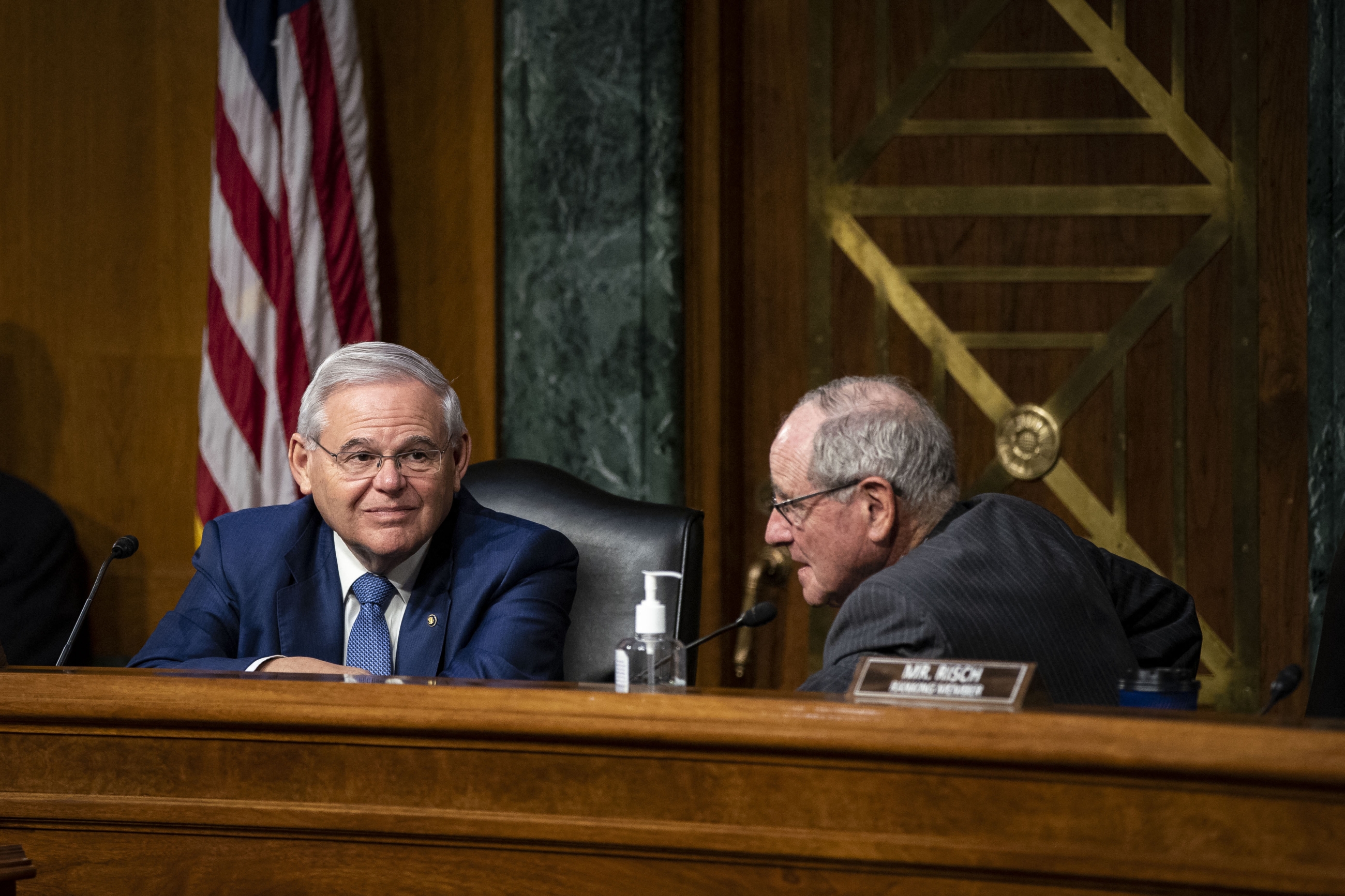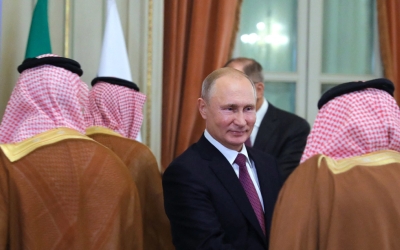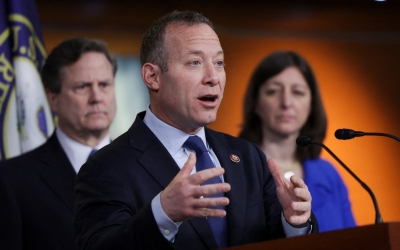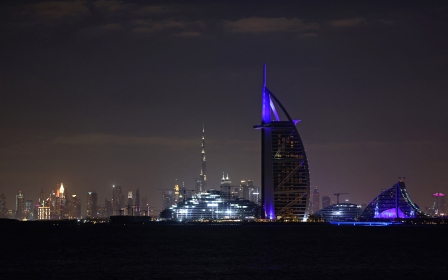Biden policies pushing Middle East closer to China and Russia, says US senator

The United States' relationship with its Middle Eastern allies is in "desperate" need of work, Senator Jim Risch, the top Republican on the Senate Foreign Relations Committee, warned at a hearing on Tuesday.
"The Biden administration's Middle East policies have reinforced a claim of American disengagement and pushed our long-standing partners towards China and Russia," he said.
Risch's comments came during a Senate Foreign Relations Committee hearing where US Secretary of State Antony Blinken testified on the State Department's 2023 budget request.
The perception of US withdrawal from the Middle East among regional states has been building for some time as the US looks to focus on threats posed by China and Russia, but has accelerated under the Biden administration.
Last summer, the US pulled some of its advanced anti-missile systems from Saudi Arabia just as a spate of attacks emanating from Houthi rebels in Yemen struck the kingdom.
New MEE newsletter: Jerusalem Dispatch
Sign up to get the latest insights and analysis on Israel-Palestine, alongside Turkey Unpacked and other MEE newsletters
Shortly after, it completed the chaotic US withdrawal from Afghanistan. The moves alarmed Gulf states over the US's commitment to its long-standing military presence in the region.
Iran 'hell-bent on' nuclear bomb
In addition, the Biden administration's attempts to reenter the 2015 Iran nuclear deal have caused consternation in Israel and several Arab capitals, as well as Republican quarters of Washington and among a small but growing number of Democrats.
Speaking at the hearing on Tuesday, Robert Menendez, the top Democrat on the Senate Foreign Relations Committee, cautioned against re-entering the nuclear deal, saying an agreement would not "meet the essential challenge we [the US] have with Iran".
Opponents of the talks are concerned the US may lift sanctions on Iran's powerful Revolutionary Guard Corps (IRGC) in exchange for a deal that would do little to rein in Tehran's ballistic missile development and support for regional proxies.
They are also alarmed about "sunset clauses" in a potential agreement that would lift restrictions on Iran's nuclear development by 2031.
Republican Senator Mitt Romney said Iran was "hell-bent" on eventually obtaining a nuclear weapon, and that he would be "more than happy to hear that we (the US) walked away" from the talks.
Blinken defended the administration's record on Iran, saying that Tehran's nuclear programme had been "galloping forward" since the Biden administration came to office, and that Iranian provocations had "ramped up" across the region following former US President Donald Trump's 2018 decision to unilaterally withdraw from the deal.
Iran maintained compliance with the accord for a few months before it began rolling back its commitments in 2019 and enriching uranium.
"We continue to believe that getting back into compliance with the agreement would be the best way to address the nuclear challenge posed by Iran," Blinken told the committee.
Saudi ties under pressure
Besides differences over the Iran deal, ties between the US and the Gulf kingdom of Saudi Arabia have been impacted by Washington’s critique of human rights issues in the country.
Biden campaigned on making Saudi a “pariah” state and signed off on the release of a CIA document that blamed the country’s de facto ruler, Crown Prince Mohammed Bin Salman, for the murder of Washington Post and Middle East Eye columnist Jamal Khashoggi.

Following media reports that ties between the two had hit the “lowest point in decades”, the Saudi embassy in Washington released a statement last week saying its relationship with the United States is "historic and remains strong”.
Even as the US has sought to combat China on the global stage, Beijing has made economic and political strides in the Gulf region, where it is the biggest buyer of oil and has invested heavily in infrastructure.
China is helping Saudi Arabia with its ballistic missile development and has partnered with it on several nuclear projects. The two countries have also inched closer to pricing some of Riyadh’s oil sales in yuan rather than dollars.
More recently, the Gulf states have pursued a neutral position over Russia's invasion of Ukraine, underscoring their shift to a foreign policy more independent of Washington, and complicating the Biden administration's efforts to isolate Moscow on the global stage.
The UAE has emerged as a haven for wealthy Russians escaping the pain of Western sanctions, while Saudi Arabia has rebuffed US calls to increase oil production to help tame energy prices, instead sticking by an agreement with Moscow to only marginally increase output.
Middle East Eye delivers independent and unrivalled coverage and analysis of the Middle East, North Africa and beyond. To learn more about republishing this content and the associated fees, please fill out this form. More about MEE can be found here.





